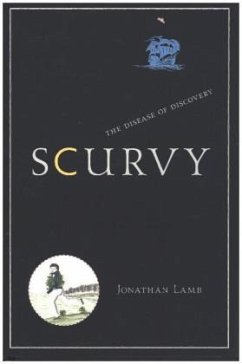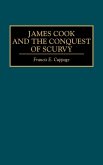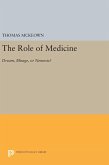Drawing on historical accounts from scientists and voyagers as well as major literary works, Lamb traces the cultural impact of scurvy during the eighteenth-century age of geographical and scientific discovery. He explains the medical knowledge surrounding scurvy and the debates about its cause, prevention, and attempted cures. He vividly describes the phenomenon and experience of scorbutic nostalgia, in which victims imagined mirages of food, water, or home, and then wept when such pleasures proved impossible to consume or reach. Lamb argues that a culture of scurvy arose in the colony of Australia, which was prey to the disease in its early years, and identifies a literature of scurvy in the works of such figures as Herman Melville, Samuel Taylor Coleridge, Francis Bacon, and Jonathan Swift.
"This excellent book captures and analyzes the enigma of scurvy, not as therapy-not-discovered, but as almost unknowable experience. Lamb magically transforms one of the most tired subjects in medical and maritime history and historiography into something conceptually and historically rich and fresh."--Alison Bashford, author of Imperial Hygiene: A Critical History of Colonialism, Nationalism, and Public Health








